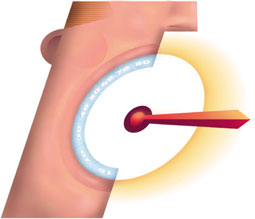Originally posted by notyoueither
Yes, Mr. Martin. Cut a cheque to parents to help look after their own kids, not governments to wharehouse other peoples kids.
You're so going down!
"Scott's already apologized, but what the Conservatives are saying is we'll cut you a cheque."
Yes, Mr. Martin. Cut a cheque to parents to help look after their own kids, not governments to wharehouse other peoples kids.
You're so going down!


Comment